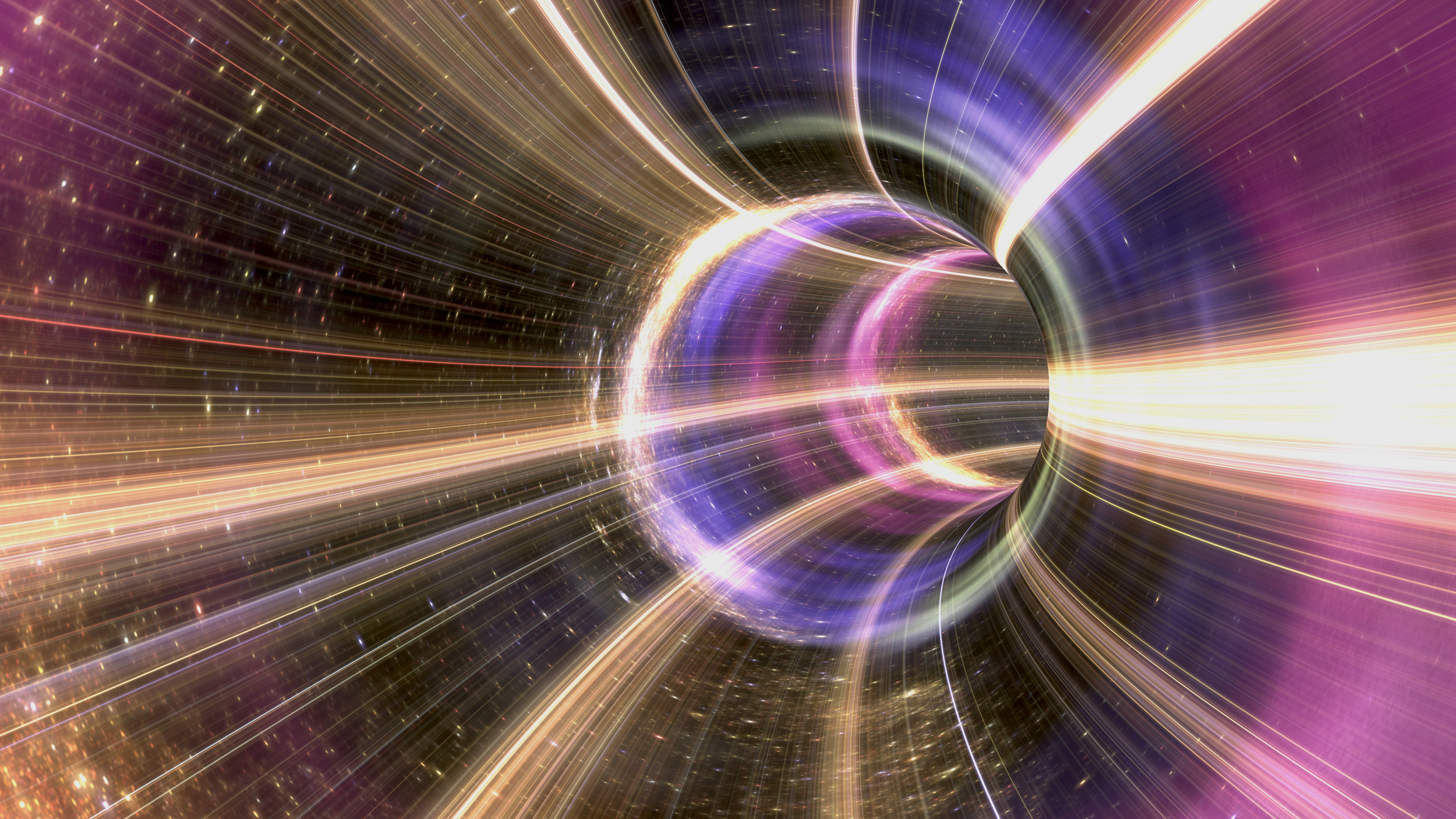The concept of time travel has long captivated human imagination, sparking intense curiosity and contemplation about the nature of time, reality, and the limits of our understanding of the universe. While often relegated to the realm of science fiction, time travel has been a subject of scientific inquiry and philosophical debate, exploring the fascinating possibility of traversing the temporal landscape. Although time travel remains speculative and fraught with paradoxes, it offers a thought-provoking lens through which to examine the intricacies of our universe.
The notion of time travel is not a new one. Ancient myths and stories from various cultures have depicted characters journeying through time, be it through magical artifacts, cosmic anomalies, or divine intervention. However, the modern concept of time travel gained traction with the development of theories in physics, particularly within the framework of Albert Einstein’s theory of relativity.
Einstein’s theory of special relativity, formulated in 1905, introduced the idea that space and time are intricately interwoven into a four-dimensional fabric known as spacetime. This theory revolutionized our understanding of time by demonstrating that it is not an absolute and unchanging entity, but rather a dynamic dimension influenced by the relative motion of objects. The implications of relativity opened the door to the concept of time dilation, wherein time can flow at different rates for observers in different states of motion.
Einstein’s general theory of relativity, developed in 1915, furthered the exploration of time’s malleability by proposing that massive objects curve spacetime, causing the phenomenon we know as gravity. This curving of spacetime creates paths that objects follow as they move through the universe – paths that can be bent by intense gravitational fields. This realization gave rise to the possibility of time travel through what are commonly referred to as “wormholes” – hypothetical tunnels that could connect distant points in spacetime, potentially allowing for shortcuts between different times and places.
The exploration of time travel naturally leads to the notion of causality – the principle that cause and effect occur in a specific order, with causes preceding their effects. Time travel introduces the perplexing notion of backward causation, where an effect precedes its cause. This paradox, popularly known as the “grandfather paradox,” presents a scenario where a time traveler could potentially travel back in time and inadvertently prevent their own existence by altering events that led to their birth.
Furthermore, the concept of multiple timelines emerges from the grand tapestry of time travel. This idea posits that whenever a time traveler alters the past, a new timeline is created, branching off from the original one. While this sidesteps the grandfather paradox, it raises questions about the nature of reality, identity, and the interconnectedness of events across various timelines.
The philosophical implications of time travel are profound. The ability to traverse time challenges our linear understanding of life, death, and the inevitability of the past. It poses questions about free will and determinism, as well as the fundamental nature of reality. Can we change the past? Can we alter the course of history? Or is everything predetermined, despite our potential to travel through time?
In the realm of science fiction, time travel has been a versatile narrative device, allowing writers to explore themes of regret, redemption, historical exploration, and the consequences of meddling with time. Classic works like H.G. Wells’ “The Time Machine” and Ray Bradbury’s “A Sound of Thunder” have inspired generations of thinkers to ponder the implications of temporal manipulation. More recently, pop culture phenomena like the “Back to the Future” film trilogy and the television series “Doctor Who” have further popularized the concept, intertwining it with adventure, humor, and intricate storylines.
Despite its allure, time travel faces significant scientific hurdles. The energy requirements to manipulate spacetime to create wormholes or to achieve time dilation on a scale meaningful for human travel are astronomical – well beyond our current technological capabilities. Furthermore, the potential paradoxes and logical inconsistencies inherent in time travel have led many physicists to speculate that the laws of physics might prevent backward time travel altogether, as they strive to uphold the principles of causality and coherence.
In the realm of quantum mechanics, which governs the behavior of particles at the smallest scales, the concept of time travel becomes even more enigmatic. Some interpretations of quantum theory suggest that particles can exist in multiple states simultaneously, leading to the idea of “many worlds” or the “multiverse.” In this view, every possible outcome of an event actually occurs in a separate universe, implying that time travel could be feasible within these divergent timelines.
As our understanding of physics and the universe continues to evolve, the concept of time travel remains both a tantalizing prospect and a mind-bending puzzle. While the science may be speculative and the paradoxes abundant, time travel serves as a testament to human creativity and our unending desire to explore the unknown. It challenges us to confront the limits of our knowledge and ponder the mysteries that lie beyond our current comprehension.
In conclusion, time travel stands as a captivating concept that bridges the realms of science, philosophy, and imagination. It has captivated human thought for centuries, inspiring both scientific exploration and creative storytelling. While theoretical physics has provided a framework that could potentially allow for time travel, the challenges posed by energy requirements, paradoxes, and the preservation of causality are formidable. Nonetheless, time travel continues to ignite our curiosity, urging us to contemplate the nature of time, reality, and the boundless corridors of possibility that stretch before us. Whether time travel remains forever confined to the pages of science fiction or eventually becomes a reality, its influence on our understanding of the universe and our place within it will endure, shaping the way we view existence, history, and the unfolding tapestry of time.

